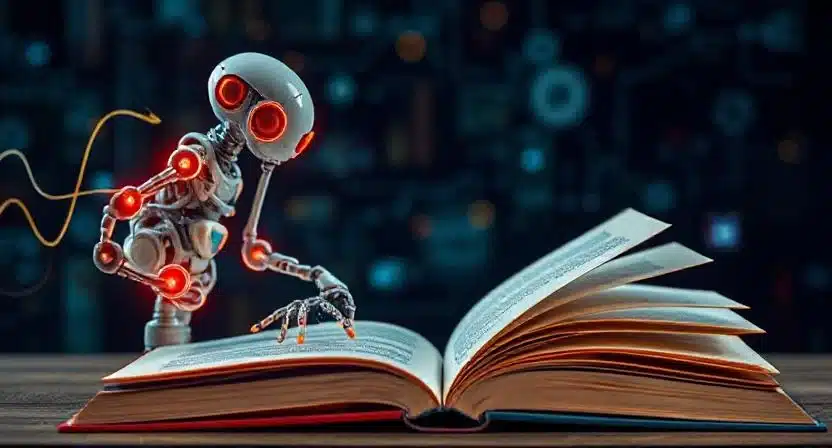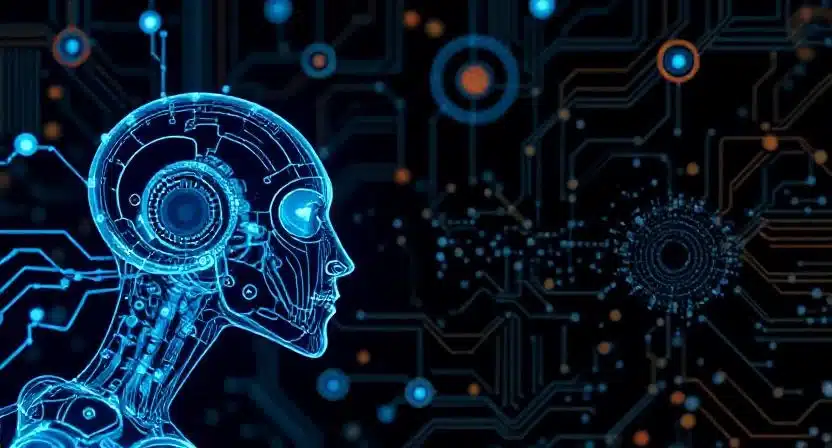
AI and Book Piracy – Ethical Dilemmas, Copyright Laws, and Future Solutions
AI and Book Piracy Introduction
Artificial Intelligence (AI) has transformed content generation, but its influence on intellectual property is calling for serious ethical and legal issues. The biggest problem is AI using copyrighted books for training without authorization. Since AI algorithms produce content that rivals original work, writers and publishers are concerned about the morality of this action. This article examines the ethical concerns, copyright issues, and potential remedies surrounding AI-powered book piracy.
1. How AI Uses Copyrighted Books
To function effectively, AI requires large datasets, which often include copyrighted books sourced through web scraping or unauthorized databases. These texts help train AI models in language processing and content generation, but the absence of proper licensing raises concerns about fair use and intellectual property rights.
2. Ethical Dilemmas of AI Book Piracy
The ethical concerns surrounding AI and book piracy revolve around ownership and consent. Authors spend years crafting their work, only to find AI using their books to generate derivative content without acknowledgment or compensation. This practice undermines creativity and devalues intellectual property in the digital age.
3. The Legal Landscape: Copyright Laws vs. AI
Copyright laws were designed for traditional content usage and often struggle to regulate AI-driven data collection. Current legal frameworks vary globally, with some courts ruling against AI firms using copyrighted content, while others allow data scraping under fair-use policies. As lawsuits against AI companies increase, governments are under pressure to establish clearer regulations.
4. The Role of AI Developers and Tech Companies
AI developers justify their use of copyrighted books by arguing that AI-generated content is transformative and contributes to knowledge dissemination. Some tech companies claim fair use, while others acknowledge the issue and explore licensing agreements. However, without regulatory clarity, the ethical and legal debate continues.
5. The Impact on Authors and Publishers
AI-driven book piracy negatively affects authors and publishers in several ways:
- Loss of revenue: AI-generated summaries and rewritten content reduce book sales.
- Devaluation of creative work: AI-generated content competes with original books.
- Lack of attribution: Authors receive no credit or compensation for AI-trained content.
- Unregulated competition: AI tools enable the mass production of low-quality derivative works.
6. Recent Legal Battles and Industry Reactions
Major publishers and author organizations have taken legal action against AI firms accused of copyright infringement. Some cases have resulted in settlements, while others continue to shape the future of AI and copyright law. Industry leaders are demanding stricter policies to protect creative content from unauthorized AI training.
7. Can AI Be Trained Without Copyright Infringement?
Several solutions can help AI developers train models without violating copyright laws:
- Open-source datasets: Using freely available or licensed content for AI training.
- Fair compensation models: Creating revenue-sharing agreements for authors.
- Transparency: Requiring AI firms to disclose training datasets.
- Advanced copyright tracking: Implementing blockchain or AI detection tools to monitor content usage.
8. The Future of AI and Copyright Protection
As AI technology advances, the need for fair policies becomes increasingly important. Regulatory bodies and industry experts are working toward solutions that balance innovation with copyright protection. The challenge is ensuring that AI can continue to develop without exploiting creative professionals.
Research-Backed by “The Tech Forte“
At The Tech Forte, we place great emphasis on detailed research to provide balanced insights. This article is an expert interview-based piece, backed by case studies and a comprehensive examination of copyright law. Our writers have reviewed the use of AI in book piracy, the responses of industries, and proposed solutions to give our readers a detailed and factual overview. This provides our readers with accurate and practical information on this hot topic.
Conclusion
AI and book piracy are a complex nexus of technology, law, and ethics. While AI may revolutionize content creation, it must operate within fair and legal boundaries. The publishing industry, technology firms, and lawmakers must collaborate to create ethical solutions that protect intellectual property while fostering innovation. Transparency, legal certainty, and responsible AI development will decide the destiny of AI and copyright protection.




